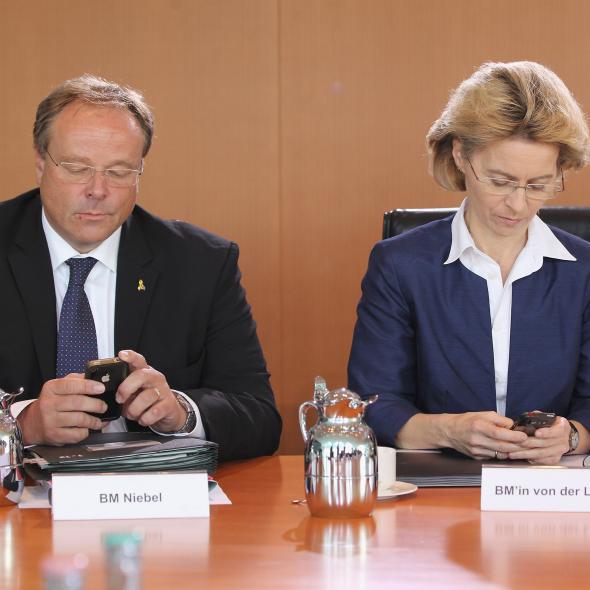This post originally appeared on Business Insider.
Millennials aren’t usually heralded as guardians of the English language, and a new experiment didn’t do them any favors.
Blend, a San Francisco-based group texting app, turned off its spell-checker for 72 hours last week in an effort to find out which words its users bungle the most. The app pulled data from 200,000 random users—on average between the ages of 16 and 24—for the experiment.
According to the company, some of the most frequently misspelled words were “weird,” “definitely” and “Budweiser.”
In two of those cases, users were betrayed by the classic classroom rule-of-thumb: “‘i’ before “e” except after ‘C,’” misspelling “weird” as “wierd” and “Budweiser” as “Budwieser.” Meanwhile, “definitely” often emerged as the similarly spelled adverb “defiantly.”
The company also sorted the results by region and found some interesting discrepancies. Users on the West Coast of the U.S. seemed to struggle with double letters, disproportionately dropping a “u” from “vacuum” and an “s” from “possession,” resulting in “vacum” and “possesion.”
They also struggled to place the pesky “u” in “restaurant,” typing “restaraunt” more often than their East Coast counterparts.
East Coasters had similar difficulties: “Embarrassing” shed an “r” to become “embarassing,” while the “silicon” in “Silicon Valley” gained an extra “l” as “sillicon.” They also stumbled with “Yuengling”—a Pennsylvania brewery with a German name—often spelling it phonetically as “Yingling.”
Despite their orthographic transgressions, users can point to a silver lining to shield themselves from stodgy critics. Some of English’s most notorious misusages—think “your” and “you’re;” “there,” “their” and “they’re;” and “alot” and the preferred “a lot”—were among the words most often followed by an asterisk, which texters use to acknowledge a mistake.
Users also frequently corrected “sex” to “sec” and “duck” to another particular four-letter word, the original mistake possibly made because of the proximity of those letters on small touchscreen keyboards.
According to the data, men misspelled more often than women, and users between ages 19 and 21 were the biggest culprits of them all.
Users were more likely to spell incorrectly between 8 a.m. and 9:30 a.m. and between 10 p.m. and 11 p.m., perhaps suggesting they aren’t as sharp when they’re waking up and winding down for the night.
According to Blend, the cities with the worst spelling were Brooklyn, Dallas, San Mateo, Calif., and Fort Worth, Texas.
See also: A Former Uber Driver Who Slept in Her Car Just Won a $15,000 Legal Settlement
